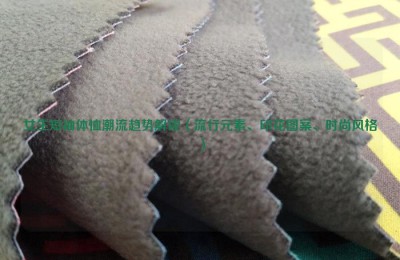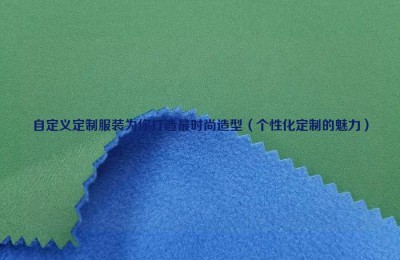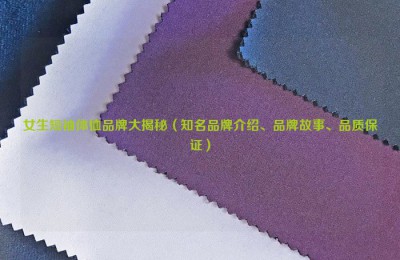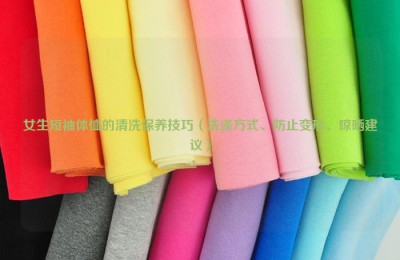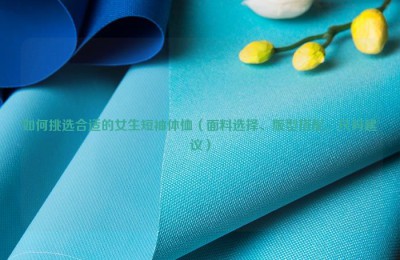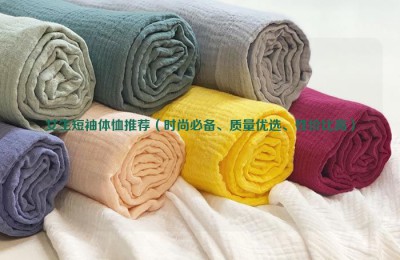In the past few days, the first batch of silkworm cocoons have been opened for purchase in various towns and villages in Xingwen County, Yibin City, Sichuan Province. At major cocoon purchasing sites across the county, there is an endless stream of silkworm farmers coming to sell cocoons, with happy and happy smiles on their faces.
At the Five Star Sericulture Station of Shihai CocoonSilk Co., Ltd. in Xingwen County, the staff of the sericulture station are busy issuing invoices, weighing, loading baskets, and baking. Early in the morning, the door of the Sericulture Station was sealed with bags of silkworm cocoons packed in hemp rope bags. Silkworm farmers held their own silkworm cocoons to show others the harvest of their labor. Everyone helped each other to pack bags of cocoons. Move on to the scale.
“At present, the average purchase price of our silkworm cocoons is 46 yuan/kg. Depending on the quality of the cocoons, the price differs by a few yuan. Among the cocoons we purchased today, the most The good ones are as high as 50 yuan/kg.” Peng Chengping, director of the Wuxing Sericulture Station of Xingwen County Shihai Cocoon Silk Co., Ltd., said that among the more than 1,500 silkworm seeds distributed in Wuxing Town, judging from the quality and unit price of today’s harvest, Each silkworm seed is nearly 53 kilograms. This year, the company will pay more than 4 million yuan to the silkworm farmers for the first season of spring silkworm cocoons in Wuxing Town.
Li Minggang, a major sericulture farmer in Minxin Village, Wuxing Town, has just finished the mulberry picking season and ushered in the first season of cocoon harvest this year. “The market for the sericulture industry this year is still impressive. Today, my silkworm cocoons can be sold for about 50,000 to 60,000 yuan.” Li Minggang’s face was full of joyful smile.
Similarly, at the silkworm cocoon purchase station in Dahe Miao Township, silkworm farmers who came to sell silkworm cocoons used mini trucks to pull baskets and bags of white silkworm cocoons and lined up in a long line waiting to be sold. The staff weighed and stacked the cocoons, priced and invoiced them according to their color and size, and reminded the farmers of the precautions for raising silkworms. Zheng Caiyuan, a sericulture farmer in Jin’echi Village, Dahe Miao Township, has been working abroad all year round. Last year, she returned to her hometown and started to develop the sericulture industry. Zheng Caiyuan shared her “sericulture accounts” with reporters with a smile, “I have 10 in the first batch this year. The silkworm seeds, a total of about 650 kilograms, can be sold for about 28,000 yuan today. The tangible profits have strengthened my confidence in raising silkworms.”
In recent years, Xingwen County has actively explored new technologies for multi-batch sericulture, further improved the survival rate of small silkworms, shortened the breeding cycle, improved unit yields and cocoon quality, successfully popularized the new technology of “Seven Seasons Silkworms”, and actively carried out mulberry production. Garden and field management helps silkworm farmers raise silkworms according to seasons, improve the quality of silkworm cocoons, increase the income of silkworm farmers, and increase industrial efficiency. It is reported that this year, Xingwen County has more than 110,000 acres of mulberry planting area, and 25,271 spring silkworm seeds were issued in the first quarter, an increase of 20.4% over the same period last year. It is estimated that 1.369 million kilograms of silkworm cocoons will be purchased, with an output value of more than 63 million yuan.
AAAweqeqeasddqfrwerewgre

